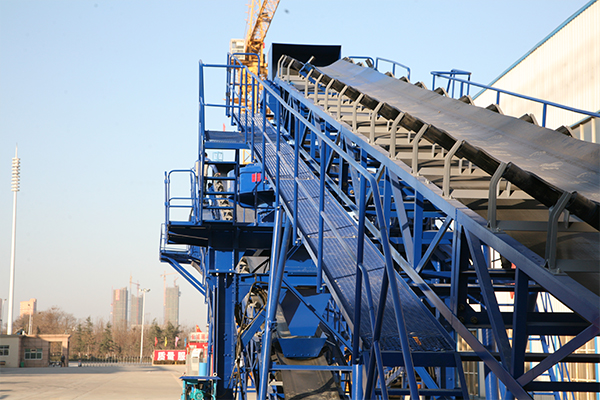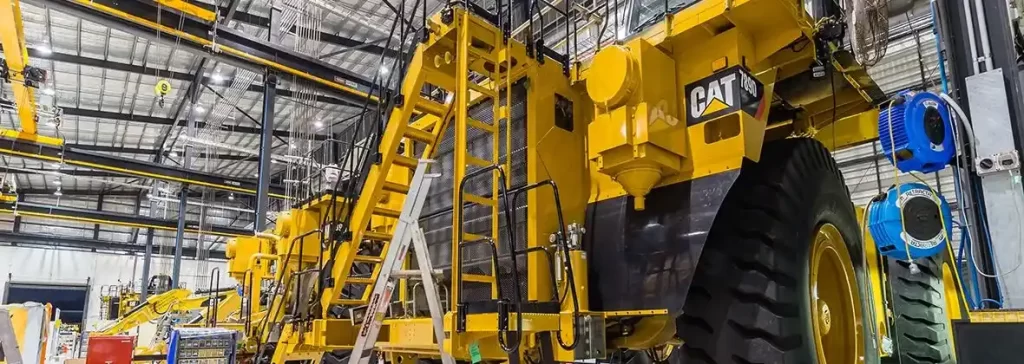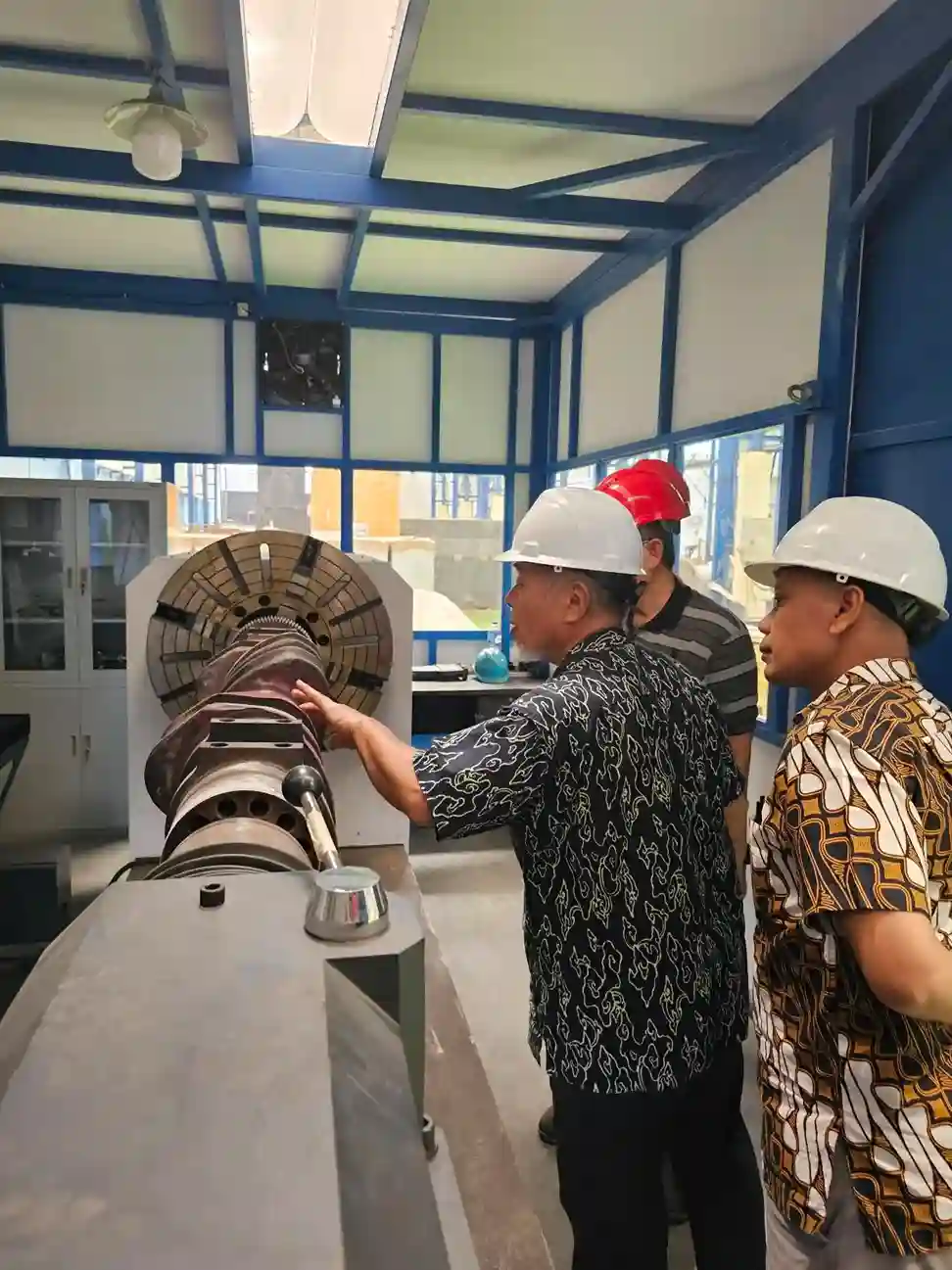Why Sustainability is Crucial for the Future of Heavy Equipment and Construction Industry
Sustainability has become one of the most significant topics across various industries, including heavy equipment and construction. In recent years, the industrial world has increasingly recognized the importance of adopting sustainable practices to preserve the environment while maintaining productivity and efficiency. This article discusses the significance of sustainability in the heavy equipment industry, the technologies supporting it, and the steps taken by companies like Caterpillar (CAT) and SSC Works to promote sustainability.

What is Sustainability in the Heavy Equipment Industry?
Sustainability refers to the responsible management of resources to meet current needs without compromising the ability of future generations to meet theirs. In the context of the heavy equipment industry, sustainability involves efforts to reduce carbon emissions, improve fuel efficiency, use eco-friendly materials, and minimize negative environmental impacts through innovative technologies.
Sustainable Technologies in Heavy Equipment
Electric-Powered Heavy Machinery
Many heavy equipment manufacturers, including Caterpillar, have begun introducing electric-powered machinery as a primary energy source. These machines significantly reduce carbon emissions, making them a more environmentally friendly choice compared to traditional diesel-powered equipment.Fuel Efficiency Monitoring
Technologies like Fuel Efficiency Monitoring help operators manage fuel consumption more efficiently, reducing fuel use and, consequently, greenhouse gas emissions. Caterpillar and SSC Works have incorporated this technology into their machines to support greener operations.Recycled Materials
Sustainability also involves using recycled materials in the manufacturing process. Components made from recycled materials not only reduce the need for new resources but also help minimize industrial waste.

SSC Works’ Steps Toward Supporting Sustainability
As a company providing repair and maintenance services for heavy equipment, SSC Works also supports sustainability through their component refurbishment and repair services. Instead of discarding damaged parts, SSC Works offers solutions to repair or refurbish them, which is not only more cost-effective but also reduces industrial waste and the consumption of new materials.
Benefits of Sustainability in the Heavy Equipment Industry
Reduced Operating Costs
The implementation of sustainable technologies, such as electric-powered machinery or fuel efficiency monitoring, can reduce operational costs in the long run. While initial investment costs may be higher, the long-term benefits of energy and fuel savings can improve a company’s profitability.Enhanced Company Reputation
Companies that demonstrate a commitment to sustainability are more appreciated by customers and business partners. In an era of increasing environmental awareness, companies that adopt sustainable practices are more likely to attract new projects and collaborations.Compliance with Environmental Regulations
Many countries have introduced stringent environmental regulations for the construction and heavy equipment industries. Adopting sustainable practices helps companies meet these regulatory requirements and avoid fines or penalties.\
Challenges in Implementing Sustainability
While there are many benefits to implementing sustainability, there are also challenges to be addressed, including:
High Initial Costs
Implementing new technologies like electric-powered machinery or fuel efficiency systems often requires a significant upfront investment. This can be a barrier, especially for smaller companies with limited budgets.Cultural Shift
Adopting sustainability often requires changes in operational practices, including employee training and transitioning from traditional methods to more environmentally friendly technologies. This shift can be challenging for companies that are used to conventional ways of operating.Limited Access to Technology in Certain Areas
Despite the advancements in sustainable technology, some regions—particularly remote or developing areas—may have limited access to the necessary infrastructure and technologies. This can slow down the adoption of sustainable practices in those regions.
Conclusion: Why Sustainability is Vital for the Future of the Heavy Equipment Industry
Sustainability is no longer just a trend; it is an urgent necessity for the heavy equipment industry. With stricter environmental regulations and growing public awareness of environmental issues, companies that fail to adapt to sustainable practices risk being left behind. Caterpillar and SSC Works are examples of companies that innovate in environmentally friendly technologies and practices to provide the best solutions while minimizing their environmental impact.
If you are looking for sustainable heavy equipment solutions or need repair and maintenance services that prioritize sustainability, SSC Works is your trusted partner. Contact us today and discover how we can help make your operations more efficient and environmentally friendly.

